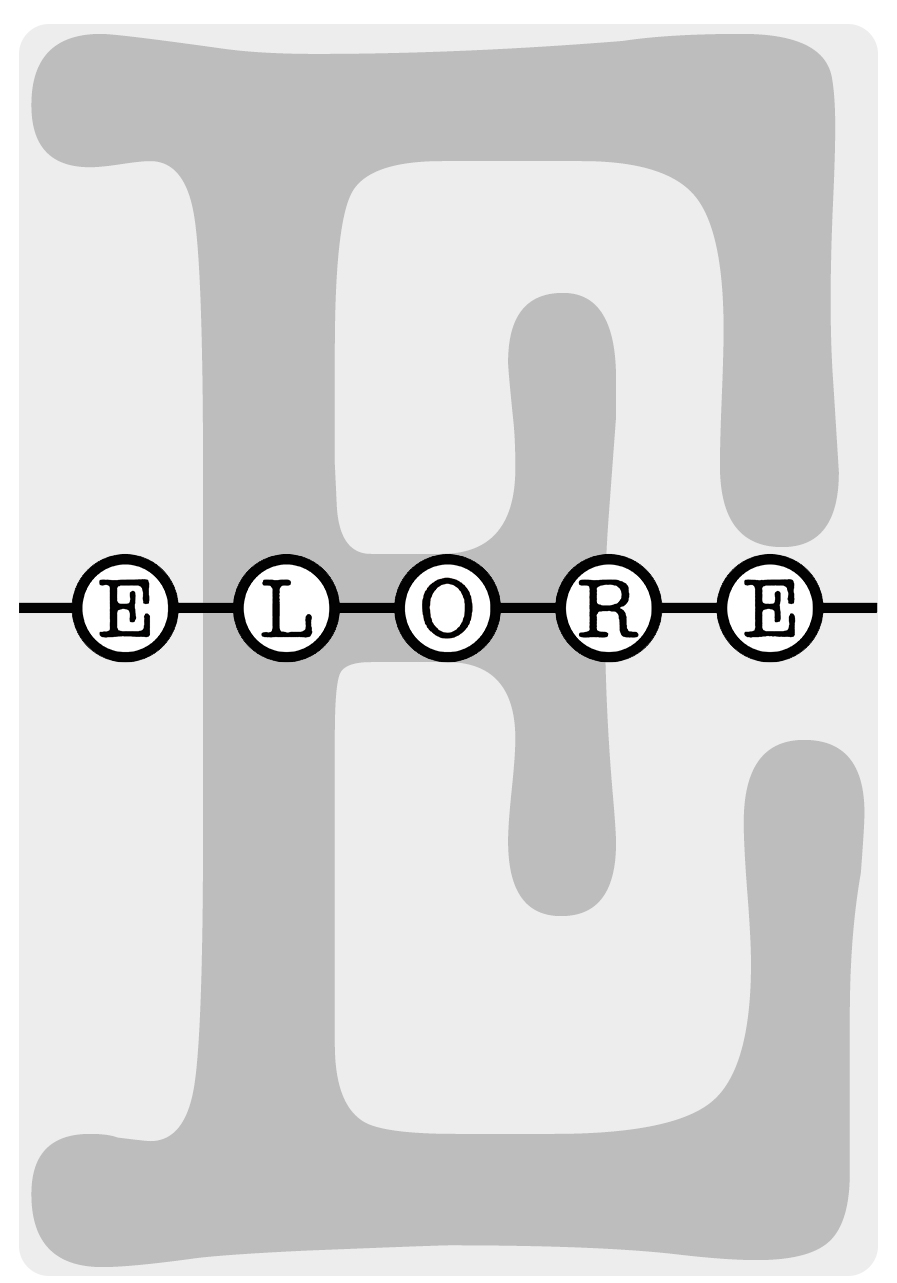Tutkimuskohteena läheinen ihminen
Refleksiivisen ja dialogisen tutkimusotteen mahdollisuudet ja rajoitteet etnografisessa tutkimuksessa
DOI:
https://doi.org/10.30666/elore.79152Abstract
Along with the so-called reflexive turn and dialogic and constructive epistemologies, reflexivity became a crucial part of the ethnographic research process. The studies that are conducted among one’s close social circles require special attention when it comes to the choices made throughout the research process and the relationship between the researcher and the informant(s). This article rests upon the life narrative interviews that the author made with her grandmother for her PhD research. In the dissertation, the starting point was that a life narrative that is about negotiation between individual experience and cultural norms and ideals, is constructed within the context of intergenerational dialogue, in which the author also participated.In the article, the author scrutinises the challenges caused by a closer relationship between the informant and their relatives, as well as the potential and risks embedded in the dialogic and reflexive approach in ethnographic research. It is argued how reflexive and dialogic epistemologies shaped the research at different phases of the process: when choosing the topic, formulating the adequate research questions, gathering the research material, analysing it, and, finally, when presenting these interpretations in a text. The author also reflects on the impact of a close relationship between the researcher and the informant in the creation of a dialogue and in the interpretations made.
Downloads
Published
How to Cite
Issue
Section
License
The journal follows Diamond Open Access publishing model: the journal does not charge authors and published texts are immediately available on the Journal.fi service for scientific journals. By submitting an article for publication on Elore, the author agrees, as of September 2024, that the work will be published under a CC BY 4.0 licence. Under the licence, others may copy, transmit, distribute and display the copyrighted work and any modified versions of the work based on it only if they attribute the licence, the original publication (link or reference) and the author as the original author. Any modifications made must be acknowledged.
Copyright of the texts remains with the authors, and self-archiving (Green OA) of the published version is allowed. This also applies to texts published before September 2024. The Green OA publication must include Elore's publication details.
The metadata for published articles is licensed under Creative Commons CC0 1.0 Universal.





